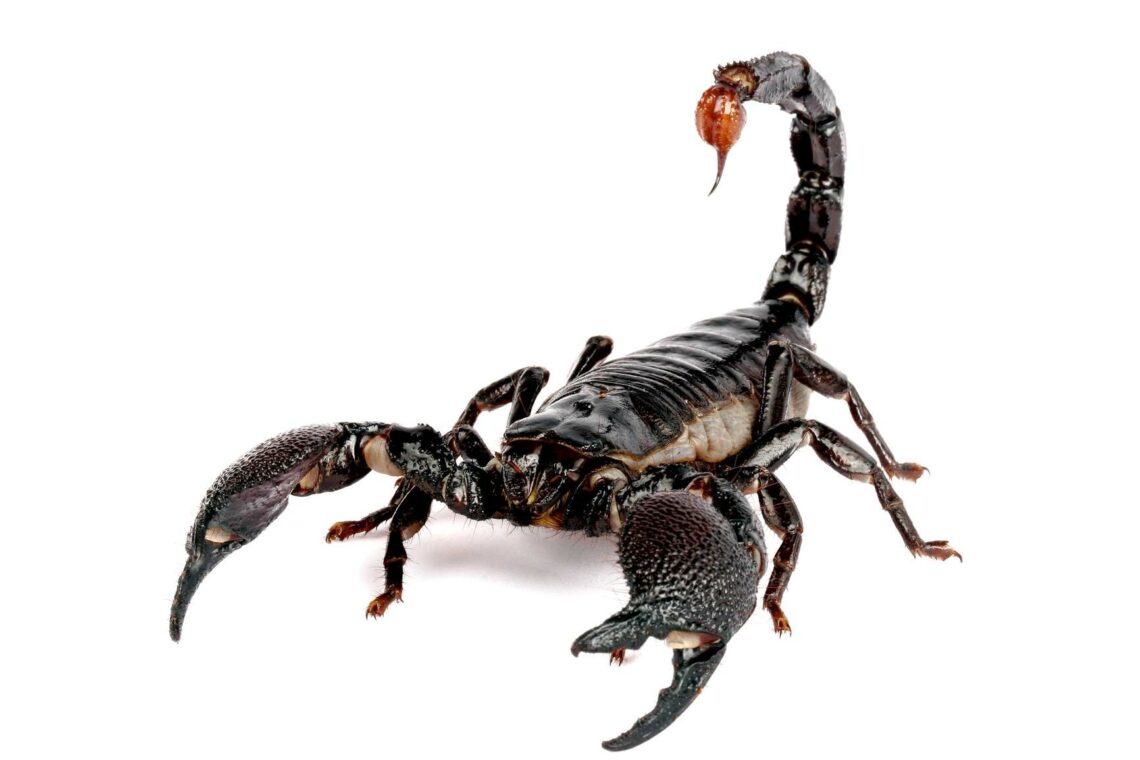
Discover the Best Edible Bugs: For High-Protein
Edible insects
Discover the nutritional and environmental benefits of adding insects to your diet. Learn how embracing these sustainable food sources can boost your health and support ecological well-being.
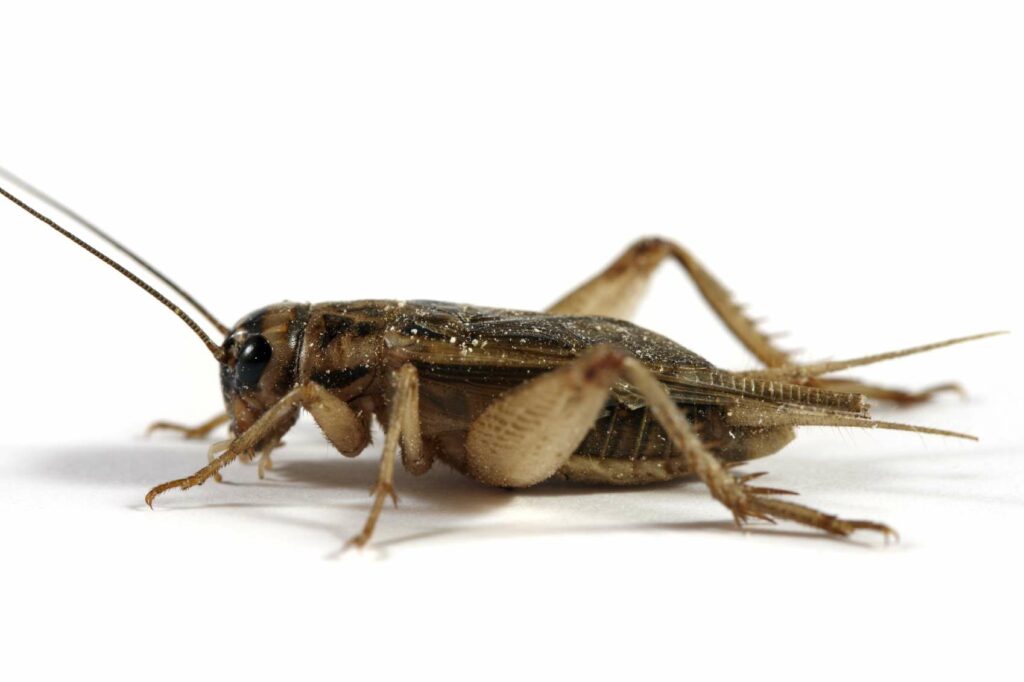
The most popular eaten insects by humans are
- Cricket
- Beetles
- Caterpillars
- Bees, wasps, and ants
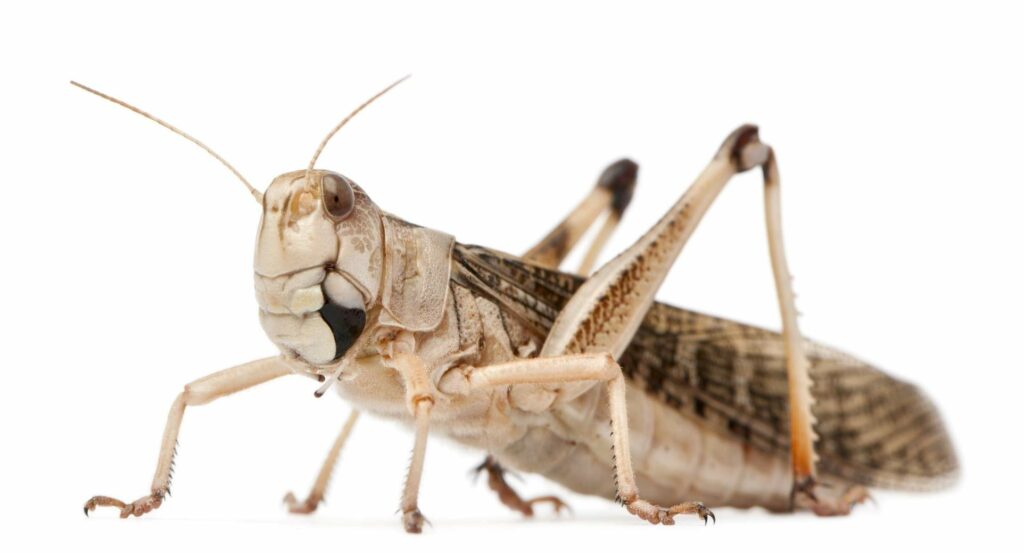
- Locust
- Cicadas, leafhoppers, froghoppers,
- Scale insects, Termites and true bugs
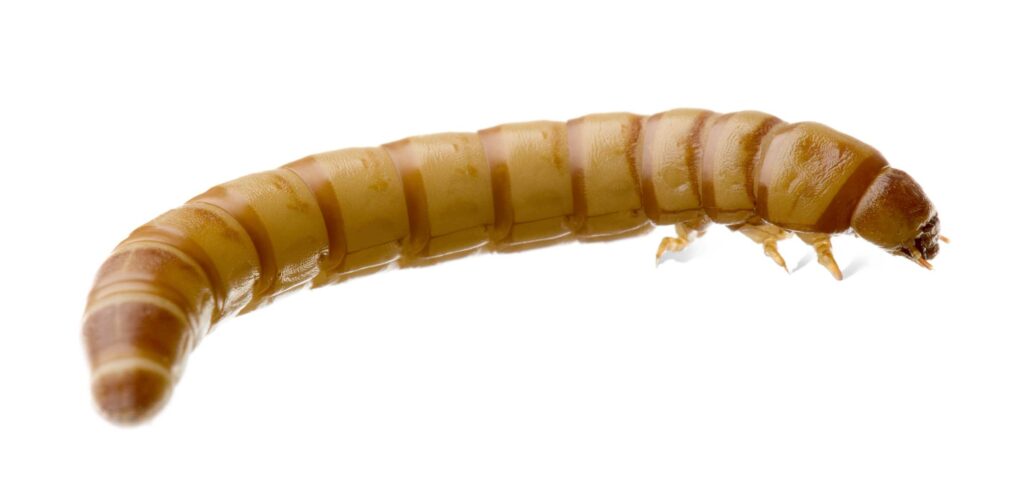
- Mealworms, palm weevils
- Butterflies, moths
- Scorpion
- And more….
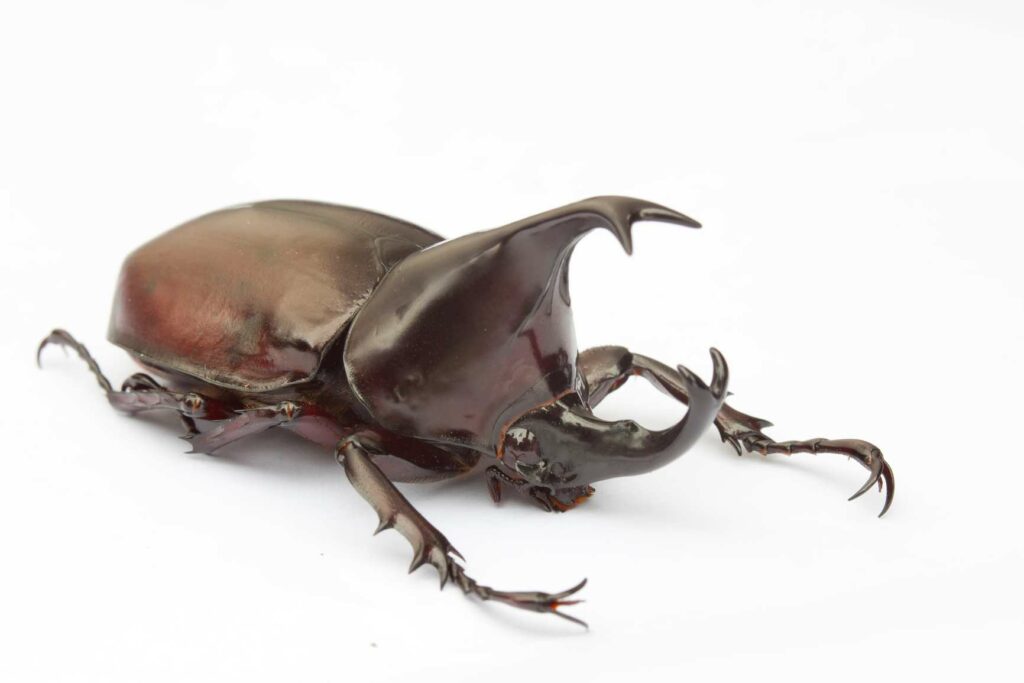
Rhino Beetle
While insects do contain some saturated fats, these typically comprise only about one-third of their overall fatty acid profile, making them a relatively healthy fat source. In addition to healthy fats, insects provide numerous other nutritional benefits, including high protein, low sugar, prebiotic fiber, and essential nutrients like B12 and iron.
**However, as with any food, they should be enjoyed as part of a balanced diet.
#livealifetodiefor #MoreThanMyPast #itsrogerx Edible Insects
Nutritional Benefits
- High Protein Content: Many bugs, like crickets and mealworms, contain high levels of protein, which is essential for muscle repair and growth.
- Rich in Vitamins and Minerals: Bugs can be good sources of essential vitamins like B12 and minerals such as iron and zinc.
- Healthy Fats: Insects contain unsaturated fats like omega-3 and omega-6 fatty acids, which are important for heart health.
Environmental Benefits
- Lower Greenhouse Gas Emissions: Compared to traditional livestock, insects emit significantly fewer greenhouse gases.
- Efficient Resource Use: Insects require less feed, water, and land than cattle, pigs, or chickens to produce the same amount of protein.
- Reduced Agricultural Waste: Insects can be fed organic waste materials, reducing the burden of waste disposal and recycling nutrients.
Economic Benefits
- Low Production Costs: Farming insects can be cheaper than raising traditional livestock, potentially lowering the cost of protein-rich food.
- Potential for Small Scale and Large Scale Farming: Insect farming can be done on various scales, from small family farms to industrial operations.
- Emerging Markets: As acceptance grows, there is potential for new job opportunities in farming, processing, and selling insect-based foods.
Cultural and Social Benefits
- Diversity in Diet: Insects can add variety to the diet, introducing new flavors and textures.
- Sustainability Awareness: Eating insects can encourage more sustainable eating habits and awareness of alternative protein sources.
**Ask your local guide if a ‘Bug’ is edible…BEFORE popping it into your mouth
#livealifetodiefor #SussexCancerFund #LymphomaCancer #itsrogerx
**I am excited to share the captivating story of my extraordinary journey with you.




